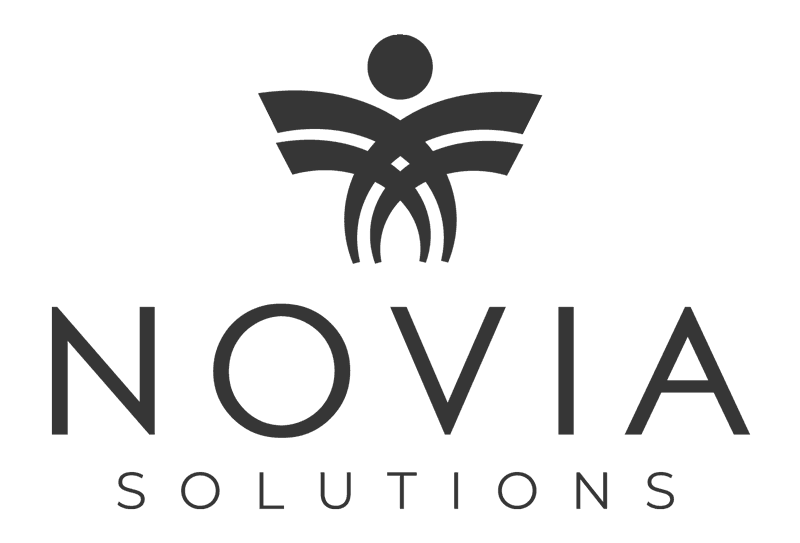Key Takeaways:
- 45% of nurses reported being bullied or verbally harassed at work in 2017 alone1.
- The average cost of turnover for a bedside nurse is estimated between $38,000-$61,000.
- Clinical leaders can promote ethical behavior throughout the organization by supporting a consistent ethical culture message3.
When it comes to organizational leadership, their ability to influence ethical behavior often goes overlooked. However, given the financial costs of nurse turnover and significant rates of nurse bullying throughout the nursing industry, leaders can better support nurses by manifesting a strong sense of organizational ethics which can in turn help them attract and retain nursing talent. Given the fact that according to a 2006 study, 82% of Americans reported that they would prefer to be paid less if it meant that they would be working for an ethical company it is clear that organizational ethics play a significant factor in employee retention.
To add to that, a third of respondents in the same study admitted to having left a past position because they didn’t agree with the company’s ethical values (Treviño, 163)3. As hospital managers seek to combat high attrition rates and the significant costs of turnover associated with them, it is important to remember the instrumental role that ethical leadership plays in talent retention.
Both informal and formal messaging influence the way an organization’s ethical culture is perceived. Therefore, it is up to clinical leaders to create a consistent ethical message in order to support ethical behavior within an organization. Both the espoused and perceived values of the organization must be in alignment for employees to have a clear understanding of the ethical expectations of the organization.
For most sizeable organizations, it is impossible for leadership teams to know every employee on a first name basis. Therefore, most executive teams rely on creating a reputation as an ethical leader in order to embody the ethical values of the organization. According to Linda Treviño and Katherine Nelson, it is essential for ethical leaders to be seen as a ‘moral person’ in order to develop a strong reputation as an ethical leader by embodying the following traits:
- Reputation as a moral person: by showing followers how the leader behaves.
- Traits: honesty, integrity, trust.
- Behaviors: openness, concern for others, personal morality.
- Decision-making: value-based and fair.
To learn more about our leadership opportunities, visit our website to speak with a recruiter today. Or, follow us on LinkedIn to receive updates about our hot jobs.
In case you missed it:
- Staff Bullying: How To Identify It And Protect Your Team
- Staffing Budget Got You Down? Start With Understanding FTE’s
- Short On Managers? Cultivate Them From Within
Sources:
1Schmidt, K. (August 23, 2017) How To Recognize And Prevent Bullying In Nursing
2Thew, J. (March 27th, 2019) Want To Keep Nurses At The Bedside? Here’s How
3Treviño, L., Nelson, K. Managing Business Ethics, 7th Edition (163).


